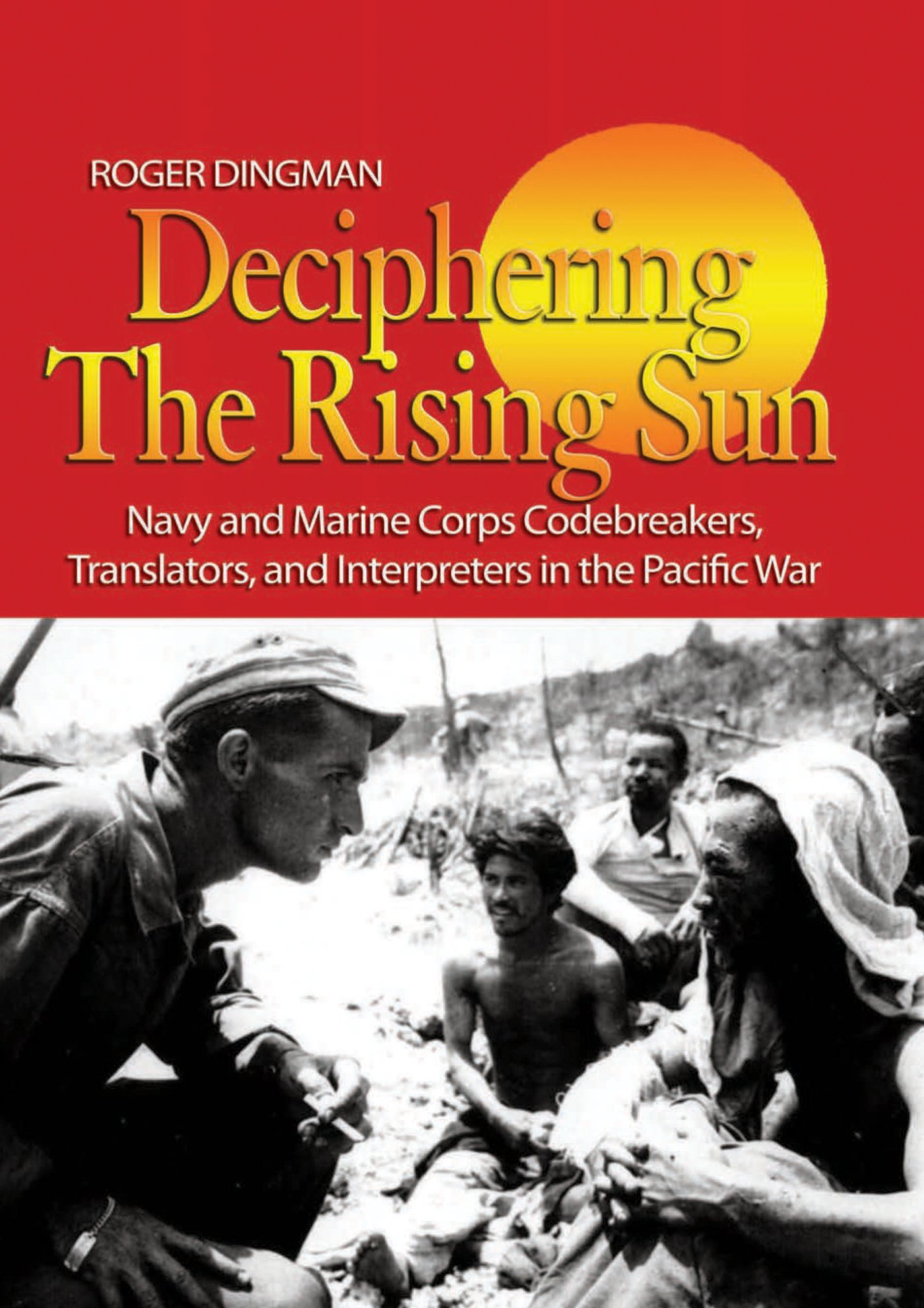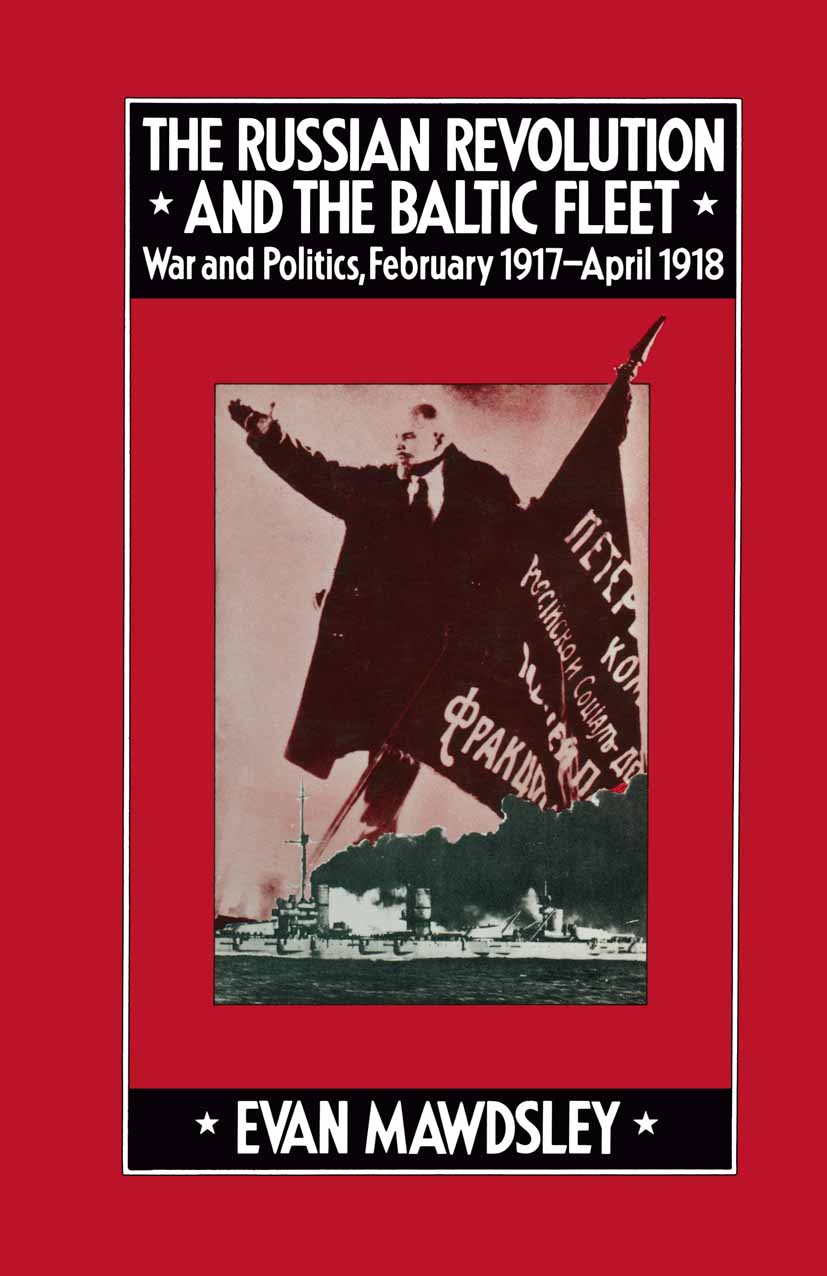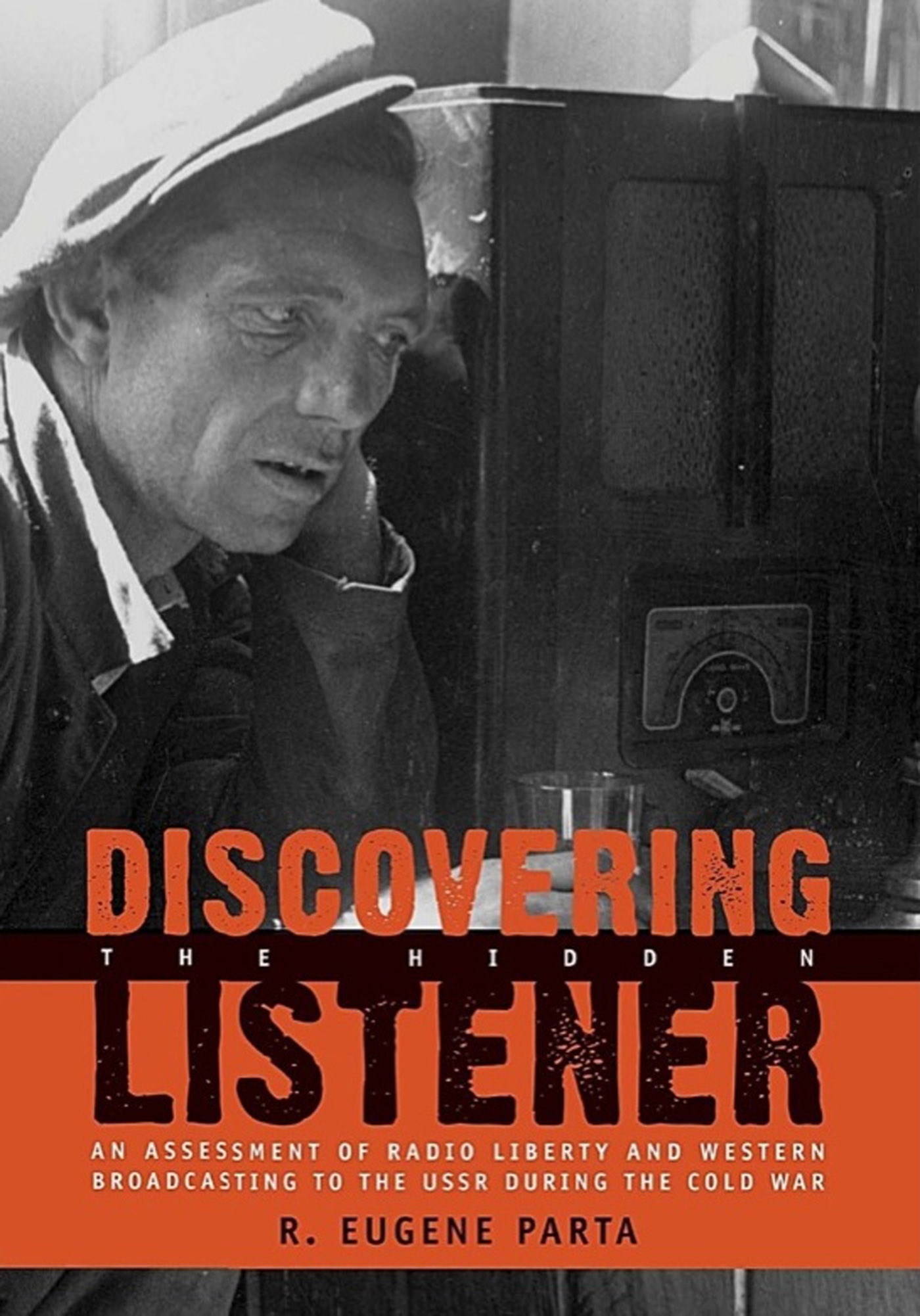Deciphering the Rising Sun
by Roger Dignman
2020-09-03 19:09:51
Deciphering the Rising Sun
by Roger Dignman
2020-09-03 19:09:51
This book is the first to document the vital role played by Americans, not of Japanese ancestry, who served as Japanese language officers in World War II. Covering the period 1940-1945, it describes their selection, training, and service in the U.S. ...
Read more
This book is the first to document the vital role played by Americans, not of Japanese ancestry, who served as Japanese language officers in World War II. Covering the period 1940-1945, it describes their selection, training, and service in the U.S. Navy and Marine Corps during the war and their contributions toward maintaining good relations between America and Japan thereafter. Author Roger Dingman argues that their service as codebreakers and combat interpreters hastened victory and that their cross-cultural experience and linguistic knowledge facilitated the successful dismantling of the Japanese empire and the peaceful occupation of Japan. He shows how the war changed relations between the Navy and academia, transformed the lives of these 1,200 men and women, and set onetime enemies on a course to enduring friendship. The book s purpose is twofold: to reveal an exciting and previously unknown aspect of the Pacific War and to demonstrate the enduring importance of linguistic and cross-cultural knowledge within America s armed forces in war and peace. The book is meant for general readers interested in World War II, as well as those with an interest in America's intelligence establishment and those fascinated by Japan and its relations with the United States. Based on extensive interviews with the language officers and on their wartime letters and unpublished memoirs, this history reveals how brains and a devotion to duty allowed these officers to learn an extraordinarily difficult language and use it to hasten Japan s defeat as well as to assist the transformation of the Japanese from enemy to friend of America. It is also, the author notes, a telling example of how empathy and cross-cultural understanding rather than brute force and coercion can lead to greater production of valuable intelligence and active collaboration.
Less















.jpg)















